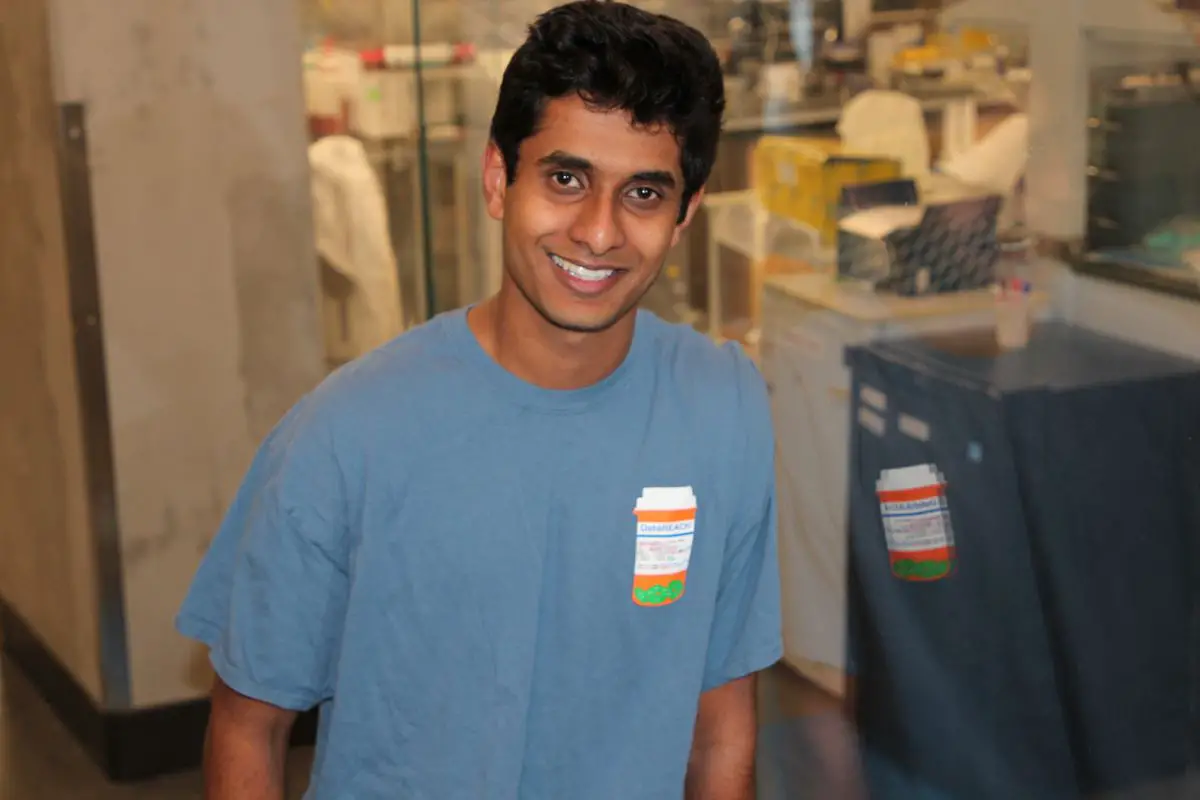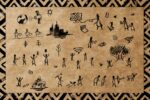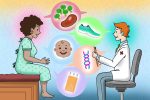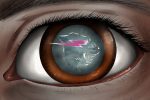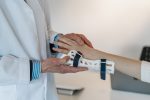When Vikash Singh was 15 years old, after a trip to India, he and his sister contracted Typhoid Fever. Typhoid fever is an infectious disease and life-threatening illness caused by contaminated food, water or close contact.
As Singh and his sister were receiving treatment, their symptoms were getting progressively worse and doctors came to realize that the normal treatments for the illness were ineffective. Doctors worked diligently developing new antibiotic combinations derived from concurrent research.
Upon implementing these research methods, doctors were successful in saving Singh and his sister. Although this experience was unfortunate, it allowed Singh to further understand the positive correlation research has to save human lives. As a result, Singh was inspired to pursue further medical research.
He began by doing cancer research for the next couple years while he was still a high school student. As his research continued, he found he was interested in computer science and machine learning. These different experiences ultimately led to him launching Project DataReach in 2015, which aimed at positively impacting healthcare around the world through machine learning.
“The project was founded with the mission of bridging the gap between artificial intelligence and medicine in developing nations. The goal of the project is to lay out a foundation where we can make strides in integrating techniques in machine learning and healthcare,” he said.
Singh’s objective is to train clinicians, enabling them to procure a general understanding of how machine learning works and to learn how to use the software.
“The goal is to launch this pilot and build models over the next decade, collecting data and allowing them to evaluate the risk of people developing illnesses in these regions especially for noninfectious diseases,” Singh said.
The data will allow the clinic to better understand the health issues the community is facing as well as make predictions of the health issues that the community may face in the future. This will allow doctors to reduce the risk for the arrival of these diseases.
Vikash Singh is now a senior at the University of California Los Angeles (UCLA) and is majoring in computation and systems biology, which he described as an intersection between computer science, mathematics and biology.
Singh’s parents conduct cancer research at UCLA, so he grew up frequently visiting the campus and as a result, was born with Bruin blood. Although Singh grew up in the heart of UCLA, there was a time in which he considered venturing out and attending a different university.
Those thoughts disappeared when Singh was offered a scholarship from the university.
“It was a merit scholarship that covered expenses and was an enrichment fund. I thought it would be an amazing opportunity to start my own project in college,” Singh said. He also received the UCLA global fellowship award, a $5,000 grant that gives students the opportunity to conduct a self-directed service project in a developing country.
Project DataReach was well underway when Singh received the award, which allowed him to put the funds towards something other than getting the project started. The money from this award assisted Singh in funding his entire trip to Cameroon this past summer.
“It allowed me to get a lot of supplies that we needed to execute the project, including buying tablets for the clinic we were working with to use so they can start using the software and we could start launching the pilot program,” he said.
Singh hopes to make another trip back to Cameroon sometime later this year. The project started with one clinic in Cameroon and they hope to soon expand within the nation and then eventually throughout the continent.
“Right now, we are focused on making sure we see our pilot project through to a stage where we feel like we can replicate it in other countries,” he said.
Although Singh’s had many triumphs, he faced many struggles and hardships amid his endeavors. Singh first launched the project, upon completing his freshman year of college, in Guyana where he sought to pitch his idea and develop connections with potential partners.
He found that the transition between establishing relationships and finding partners posed a bigger challenge than previously anticipated. Singh came to the realization that perhaps his timing wasn’t right and it was time to seek new partners in order to execute the plans for the project.
“I learned from the challenge of the Guyana project by fostering a connection with these people and harnessing that connection for a year. Learning how to build a proper foundation is more important than speeding things forward,” he said.
It was when Singh commenced his search for new partners, people from Cameroon reached out, after reading about his work, and revealed a great interest in the project.
Unsurprisingly, Singh has extensive plans for his future in the next decade. “I see myself running an organization and leading a cause at the intersection of artificial intelligence and medicine. I’ll apply cutting-edge techniques in artificial intelligence and advanced healthcare and hopefully work towards connecting artificial intelligence and molecular biology,” he said.
Although it may appear as Singh is all work and no play, he certainly arranges the time for involvement with other college activities. Ever since he was a child Singh has played basketball and he has continued to leave it all on the court on his intramural team.
Not to mention, he is a huge Lakers fan and grew up looking up to Kobe Bryant. Not only an athlete but also a musician, Singh has been playing the trumpet since he was a child and continues to play in his university’s symphonic band.
“You miss 100 percent of the shots you don’t take,” he added. Singh perfectly exemplifies this idea with the research he has accomplished thus far, as well as when he’s shooting hoops on the basketball court.
Singh’s work is extremely inspiring, and it is easy to look forward to the impact he will have in Cameroon and other developing nations.


